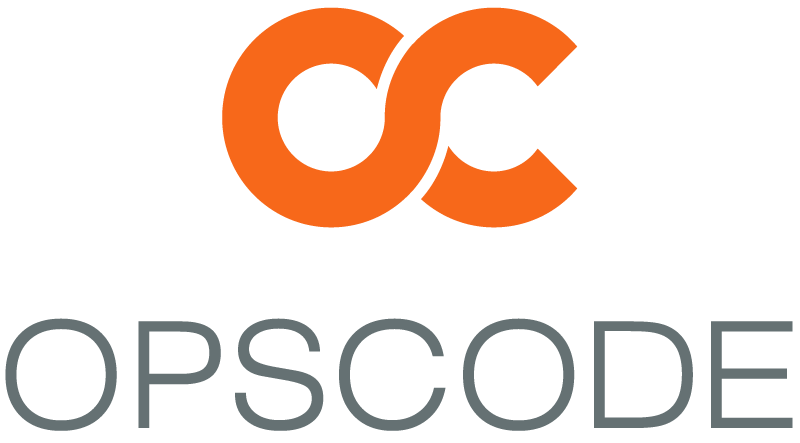 NEWS
NEWS
 NEWS
NEWS
 NEWS
NEWS
![]() The peculiarity of the use of DevOps in some IT organizations is to move to encoding configuration and allowing that to regulate an automated lifecycle. Fortunately, many tools exist to do this following a similar basis to business logic where developers create applications and infrastructure configuration in the form of code or scripts.
The peculiarity of the use of DevOps in some IT organizations is to move to encoding configuration and allowing that to regulate an automated lifecycle. Fortunately, many tools exist to do this following a similar basis to business logic where developers create applications and infrastructure configuration in the form of code or scripts.
To make process much simpler, cloud vendors invented configuration management frameworks, which establish and maintain the integrity of the products of the software project throughout the project’s software life cycle. Configuration management involves identifying configuration items for the software project, controlling these configuration items and changes to them, and recording and reporting status and change activity for these configuration items.
Automation in the Cloud
To thrive in today’s global marketplace, organizations of all sizes must transform IT from being simply a back-office support function to a front-office imperative for rapidly delivering goods and services. However, the scale and complexity required to do so can be overwhelming. Enter Opscode Chef to help solve this challenge, automating IT infrastructure to create a coded business with the agility and adaptability to win the race to market.
Opscode’s Chef has been making inroads into the configuration management frameworks vertical and gaining some ground against its older and more mature competitors. Opscode Chef has developed an open source framework to automate the process of configuring and managing virtual servers, allowing users to quickly deploy their own servers. Chef is fast becoming one of the key tools for configuration management for rapid infrastructure growth.
System administrators love Chef because it offers the flexibility to integrate all aspects of infrastructure such as monitoring and trending tools with applications. Software developers too like this tool as it helps them take care of the muck so they can focus on writing great applications. It is also written in Ruby programming language. Chef is the answer to the challenge that comes from the increasing complexity of cloud infrastructure.
How it works?
Opscode Chef is available in three flavors, Open Source Chef, Hosted Chef and Private Chef. Open source Chef is free but lack enterprise-grade features. Private Chef is an on-premise Chef server available through subscription pricing or perpetual license plans and offers high availability and an enhanced Web UI features. The Hosted Chef is a fully managed and scaled by Opscode as a service that allows you to run your own local Chef server.
Regardless of which flavor you choose, each Chef installation requires a Chef server, a Chef workstation, and nodes to connect to the Chef server for management. The first step of installation is to install Chef server on a supported Linux distribution such as RHEL/CentOS or Ubuntu Server.
The next step is to run a reconfiguration using the private-chef-ctl tool and configuring Chef workstation. The workstation configuration is easy, you just have to run the installer script from Opscode, which automatically determines the distribution and installs the requisite workstation packages.
The Chef server consists of node objects and reusable definitions called cookbooks and recipes. Cookbooks and recipes are made from building blocks called resources and these are main components that automate common infrastructure tasks. Their definitions describe what your infrastructure consists of and how each part of your infrastructure should be deployed, configured and managed.
The Chef server is core to store all configuration data and recipes of network. The Chef client runs the recipes on nodes of the network, which may be physical or virtual servers either on-premise or in the cloud.
Ready for Hyperscale
The Opscode Chef recently launched the version 11 with scalability enhancements to support the demand for web server hyperscale operations. The Opscode rewrote all core API server in Erlang and switching the data store from CouchDB to PostgreSQL and at the same time maintained backward compatibility with previous versions.
Opscode provides a large collection of ready-to-mix recipes in its GitHub repository to perform number of common configuration tasks. Broadening the hyperscale platform Opscode announced that Chef will support IBM Power Systems and the AIX operating system. IBM will leverage the Chef ecosystem, along with more than 900 available Chef Community Cookbooks for IBM SmartCloud.
In addition, Opscode is also collaborating with Microsoft Open Technologies to deliver a series of Chef Cookbooks providing cloud infrastructure automation capabilities for Microsoft Azure. The combined platform lets developers to automate everything from server provisioning and configuration management to continuous delivery of infrastructure and applications.
Opscode has experienced significant growth in the past 12 months adding more than 25,000 registered users, 1,300 individual contributors, 200 corporate contributors and 900 Cookbooks to its open-source Chef Community. Opscode is also incorporating several improvements including changes in functionality in attributes, security, file mirrors remote partial templates, file lock and LWRPs, making it one of the best tool for configuration management.
Support our mission to keep content open and free by engaging with theCUBE community. Join theCUBE’s Alumni Trust Network, where technology leaders connect, share intelligence and create opportunities.
Founded by tech visionaries John Furrier and Dave Vellante, SiliconANGLE Media has built a dynamic ecosystem of industry-leading digital media brands that reach 15+ million elite tech professionals. Our new proprietary theCUBE AI Video Cloud is breaking ground in audience interaction, leveraging theCUBEai.com neural network to help technology companies make data-driven decisions and stay at the forefront of industry conversations.